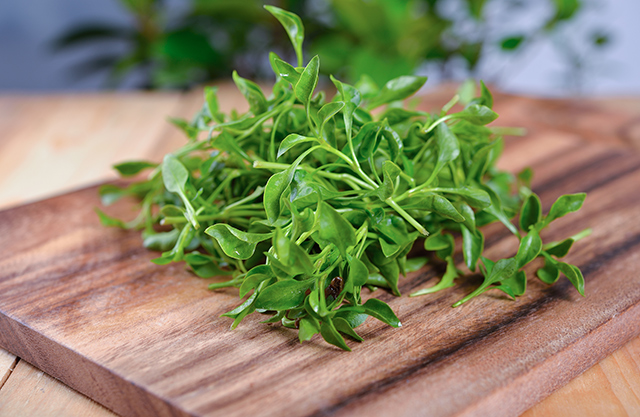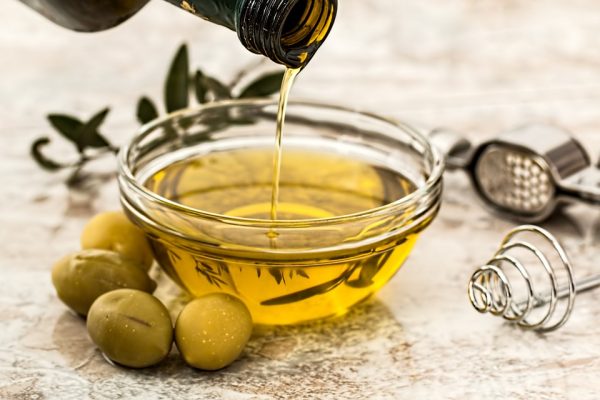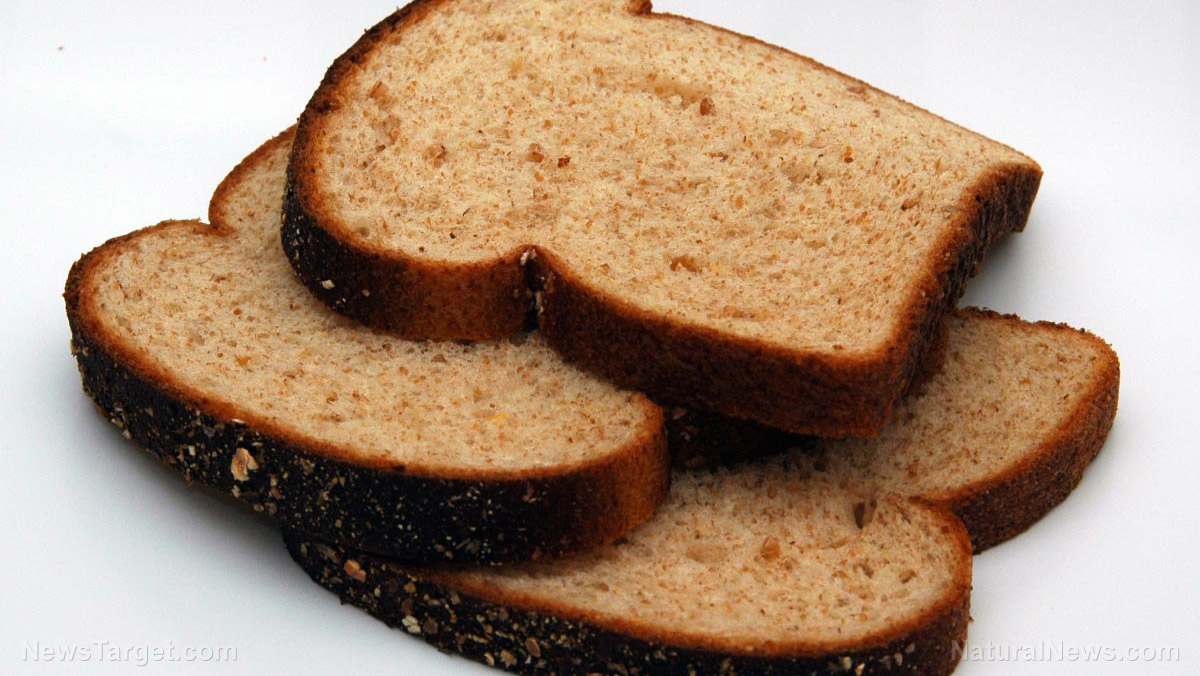10 Healthy alternatives to toxic processed table salt you can start using today
07/09/2017 / By Russel Davis

It is no secret that while commercial table salts help flavor dishes, they are extremely detrimental to the body’s overall health. Commercial table salts are 99 percent sodium chloride, are bleached during the production process and may contain harmful substances such as stabilizers that make them practically toxic in nature. Commercial table salts are also found to promote acid formation, which in turn may pose a significant threat to the body’s overall well being.
In contrast, natural sea and rock salts are actually beneficial to the body’s health. Naturally extracted salts generally have lower sodium content than commercial table salts, thus reducing sodium content in the diet. Natural salts also contain trace minerals — such as calcium, iron and magnesium as well as potassium and zinc — that are essential for proper body function. In addition, natural salts do not contain unwanted chemicals found in commercial table salts including bleach, whiteners and stabilizers. Unlike commercial salts, naturally extracted salts like sea salts promote alkaline formation and help maintain a balanced body pH. In turn, this prevents the onset of certain illnesses.
Replacing commercial salts with naturally extracted salts may boost the body’s overall health and help prevent diseases. Here are a few examples of natural salts:
10 naturally extracted salts you should be using
- Pink salts – Himalayan pink salts are extracted from Kewra mines in Pakistan, and contains up to 84 different elements. On the other hand, the Pink Maras salt is processed though man-made salt ponds high up in the Andes in Peru, at an altitude of 3,000 meters.
- Real salts – Real salts are characterized by their wide array of forms including powdered, granular, kosher and course grind varieties.
- Black salts – The Kilauea Black sea salt is extracted from the mineral rich Molakai sea salt in Hawaii, and is processed with activated charcoal. Likewise, the black lava salt of Hawaii is processed with purified volcanic lava and vegetable charcoal, which may help improve the digestive tract. In addition, the Himalayan black salt is a valuable commodity in Ayurvedic medicine due to its laxative and digestive properties.
- Pure sea salts – Antarctic Pure Sea Salt is made by allowing ice-cold water through an underground aquifer and then placing it into drying pans, where the intense African sun and Atlantic winds help dry it. The Alaska pure salt flakes, on the other hand, are extracted from the small island of Sikta, Alaska. North American chefs are known to prefer this hand-produced salt.
- Organic sea salts – New Zealand organic sea salt is extracted from the pure waters of the Southern Pacific, which are then placed on the rocks to allow sun and wind drying. Likewise, the Halen Môn organic sea salt from the U.K. is processed from seawater that passes three natural filters: charcoal, a mussel bed and a sand bank.
- Aguni no Shio Salt – This Japanese sea salt is extracted from the mineral-rich Pacific ocean, and is repeatedly processed on bamboo to speed up the evaporation. The mix is then allowed to dry in the sun.
- SageMary Finishing Salt – This natural salt is a healthy mixture of Portugese Sea Salt and chopped sage and rosemary. The fragrant salt evokes a Mediterranean ambiance and goes well with just about anything – from meat and poultry to bread.
- Epsom Salt – One of the most popular salts in the U.K. and around the world, Epsom salt is known to have purgative properties and is touted to address minor illnesses.
- Tripani Sea Salt – This natural salt still follows a traditional process. Italian salt makers handcraft this salt from salt pans along the Sicilian “Salt Road.” The tripani Sea Salt is allowed to dry in the sun and is still collected by hand, thus ensuring an unrefined, natural state.
- Murray River Salt – This salt is harvested from Australia’s mineral-rich Murray River.
Learn more at NaturalNews.com.
Sources include:
Tagged Under: celtic sea salt, Himalayan Salt, natural salt, processed salt, salt, sea salt, Table Salt, toxic table salt




















